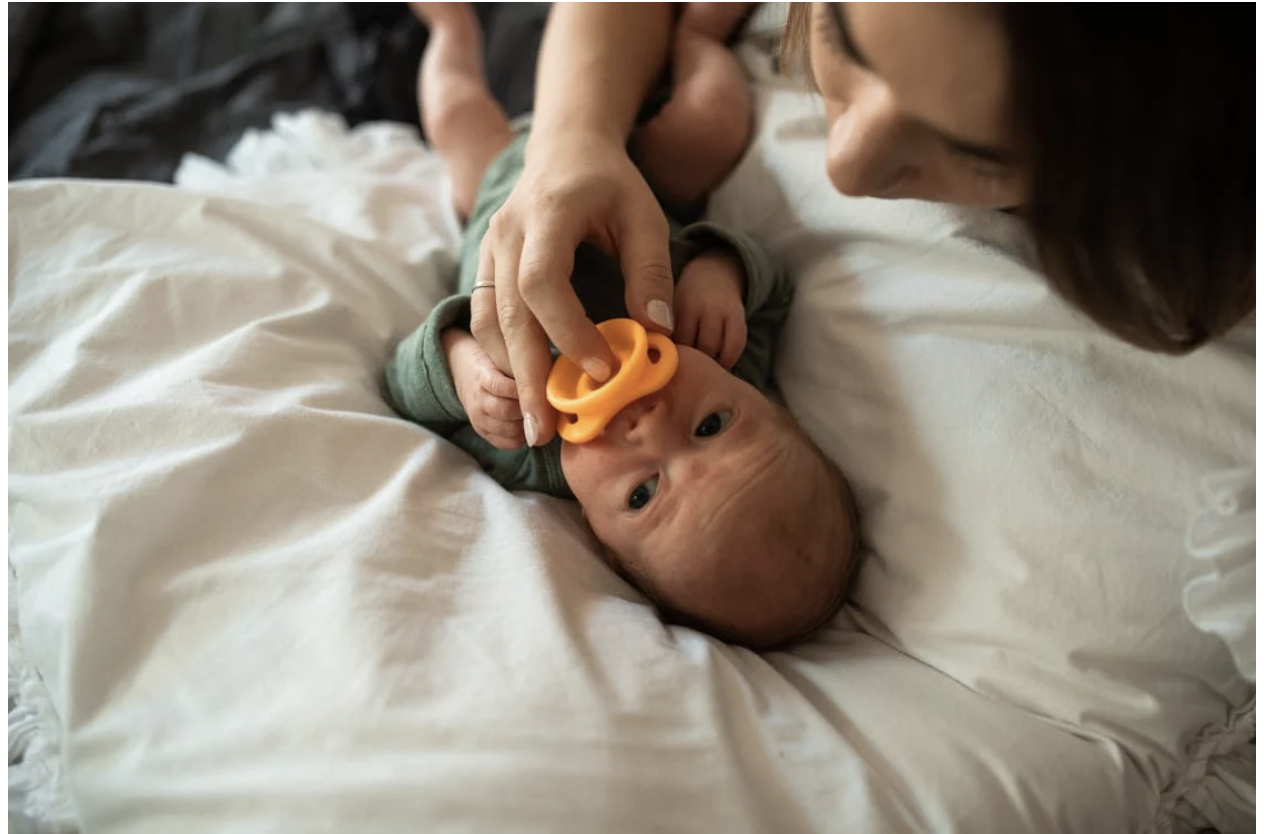Postpartum Care For Mom: Tips For Healing And Comfort

The first 4 to 6 weeks after delivery are important in the maternal journey of a new mother. The postpartum period presents unique challenges that new mothers will have to navigate. It is a time of immense change, not only for your baby but also for you.
From the physical and emotional changes to the less obvious postpartum blues and depression, this period calls for an elaborate self-care process. This process is even more critical if you have clitoris problems from the tissue trauma.
This tissue trauma or injury can be caused by stretching or tearing during vaginal delivery. It can make daily activities uncomfortable, if not painful.
Let’s see in this article how you can set yourself on the path to healing and comfort in this new phase of motherhood.
Take Your Rest Seriously
You might be thinking, “Rest? With a newborn?” Yes, sleep is important for your recovery. Studies show that the risk of postpartum depression in new moms is increased with sleep deprivation.
This is because a lack of sleep affects your mood and causes fatigue and low energy while worsening the symptoms of postpartum depression.
Try to nap when your baby naps. Even 20-30 minutes of shut-eye can work wonders. Take your time to recover seriously. If your partner or family offers to help, accept it. There will be plenty of time to bond with your baby later.
Hydration is Important
A lot of new mothers struggle with lactation in the first few weeks after delivery. This situation can be helped with sufficient hydration.
Your body has just undergone a lot of phases that involve hormonal changes and physical transformation. Staying hydrated during your postpartum period can help with recovery and milk production if you are breastfeeding.
Try not to get thirsty before you drink water. A good rule of thumb is to drink water every time you feed your baby. Switch it up with coconut water sometimes, as it is low in calories and high in electrolytes and essential vitamins and minerals.
Eat More Nutritious Meals
Grab-and-go snacks might be tempting meal options when you have to juggle your rest and baby care. However, they may not be your best nutritional options.
You must remember that your baby gets essential nutrients through your breast milk. If you don’t eat nutritionally balanced meals, your body and, by extension, your baby will lack these nutrients.
Nutrient-rich options like yogurt, nuts, or fruit works out well. They will help keep your energy levels up and boost your mood.
Allow Your Body Time to Adjust
The big one is that your body just did something incredible; it is natural to see some changes in it. This includes stretch marks, weight loss (this comes with losing water weight and the weight of the baby), and hair loss.
In so many women, incontinence and abdominal prolapse are also physical changes that come postpartum. You must give yourself grace as you navigate these physical changes.
Your body will take time to heal. It is natural. It’s okay if it takes a while to feel like yourself again.
Get Some Movement In
As much as you must embrace your new body, engaging in gentle movement can be a great way to boost your mood and aid in recovery.
- Start with light stretching or short walks.
- Try some simple yoga poses.
- Do some pelvic floor exercises like Kegel to prevent issues like incontinence.
Exercise releases endorphins, which can enhance your mood. So, find small ways and the time to incorporate movement into your day.
Never Underestimate the Power of Support
As part of your comfort and care postpartum, don’t hesitate to reach out for help, whether physical or emotional. About 80% of new mothers experience postpartum blues. Those feelings of anxiety and irritability can be subdued when you have the right support around you.
However, if you are feeling persistently sad or overwhelmed, it might be a sign of postpartum depression. You should talk to your healthcare provider, who may recommend therapy depending on the severity of your condition.
Otherwise, talking to a trusted friend or your partner about how you are feeling can help you through this phase. Additionally, connecting with other moms can make a big difference.
Join local parenting groups or online communities to share experiences and challenges. It helps you feel less isolated when you know you are not alone.






